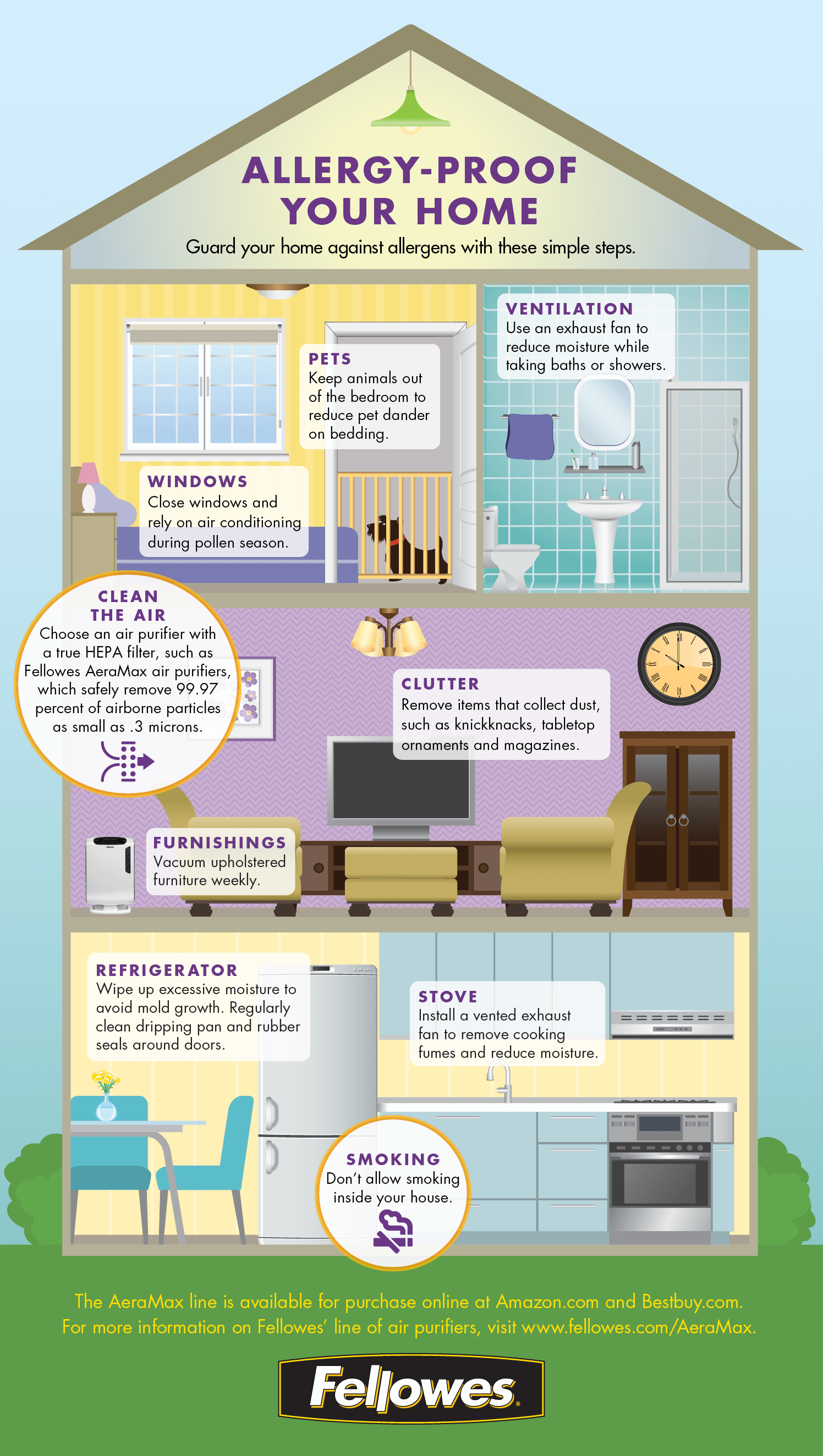The Future Of Home Home Heating - How Heatpump Modern Technology Is Developing
The Future Of Home Home Heating - How Heatpump Modern Technology Is Developing
Blog Article
Written By-Merritt Roy
Heatpump will certainly be a critical technology for decarbonising home heating. In a circumstance constant with governments' announced energy and environment commitments, their worldwide capacity increases by 2030, while their share in home heating rises to one-quarter.
They work best in well-insulated homes and rely upon electrical energy, which can be supplied from a sustainable power grid. Technological developments are making them more reliable, smarter and cheaper.
Gas Cells
Heatpump make use of a compressor, cooling agent, coils and fans to relocate the air and heat in homes and appliances. They can be powered by solar power or electricity from the grid. They have actually been getting appeal as a result of their low cost, silent procedure and the capacity to produce power throughout peak power need.
Some business, like IdaTech and BG MicroGen, are working with fuel cells for home heating. These microgenerators can change a gas central heating boiler and create a few of a residence's electric needs with a link to the electrical energy grid for the remainder.
But there are factors to be doubtful of using hydrogen for home heating, Rosenow says. It would certainly be costly and ineffective compared to other technologies, and it would certainly include in carbon emissions.
Smart and Connected Technologies
Smart home technology enables house owners to link and control their devices remotely with using smart device apps. For instance, smart thermostats can learn your heating choices and automatically adapt to enhance power consumption. Smart lighting systems can be regulated with voice commands and instantly turn off lights when you leave the area, reducing power waste. And smart plugs can keep an eye on and handle your electric use, enabling you to recognize and restrict energy-hungry appliances.
The tech-savvy house shown in Carina's interview is a great illustration of exactly how occupants reconfigure room heating methods in the light of brand-new clever home modern technologies. They count on the devices' computerized functions to accomplish everyday adjustments and regard them as a practical methods of performing their home heating practices. Therefore, they see no reason to adapt their techniques even more in order to enable flexibility in their home energy need, and interventions aiming at doing so may encounter resistance from these households.
Electrical energy
Given that heating up homes make up 13% people emissions, a button to cleaner choices can make a big distinction. But heat pump supply and install chch faces obstacles: It's pricey and calls for considerable home remodellings. And it's not constantly compatible with renewable energy resources, such as solar and wind.
Until recently, heat pump cleaners near me were too expensive to take on gas designs in a lot of markets. But https://heating-air-conditioning75776.tkzblog.com/29202838/are-warm-pumps-one-of-the-most-effective-a-c-option-for-your-home-a-relative-analysis -new technologies in style and products are making them a lot more affordable. And far better cold climate efficiency is enabling them to function well even in subzero temperatures.
The following step in decarbonising home heating may be the use of warmth networks, which draw warmth from a main source, such as a close-by river or sea inlet, and disperse it to a network of homes or buildings. That would decrease carbon exhausts and enable houses to benefit from renewable resource, such as green power from a grid provided by renewables. This alternative would certainly be much less costly than changing to hydrogen, a nonrenewable fuel source that needs brand-new infrastructure and would only minimize CO2 exhausts by 5 percent if paired with improved home insulation.
Renewable Energy
As power prices go down, we're beginning to see the exact same pattern in home heating that has driven electric autos into the mainstream-- yet at an even faster speed. The strong environment case for electrifying homes has been pressed further by brand-new research study.
Renewables represent a substantial share of modern-day heat consumption, however have actually been given restricted policy focus around the world compared to other end-use fields-- and also much less attention than electrical energy has. Partly, this reflects a mix of consumer inertia, divided motivations and, in lots of nations, subsidies for nonrenewable fuel sources.
whole home ventilation could make the change simpler. As an example, heat pumps can be made more power reliable by replacing old R-22 refrigerants with brand-new ones that do not have the high GWPs of their precursors. Some experts also imagine district systems that attract heat from a neighboring river or sea inlet, like a Norwegian arm. The warm water can after that be made use of for heating & cooling in a neighborhood.